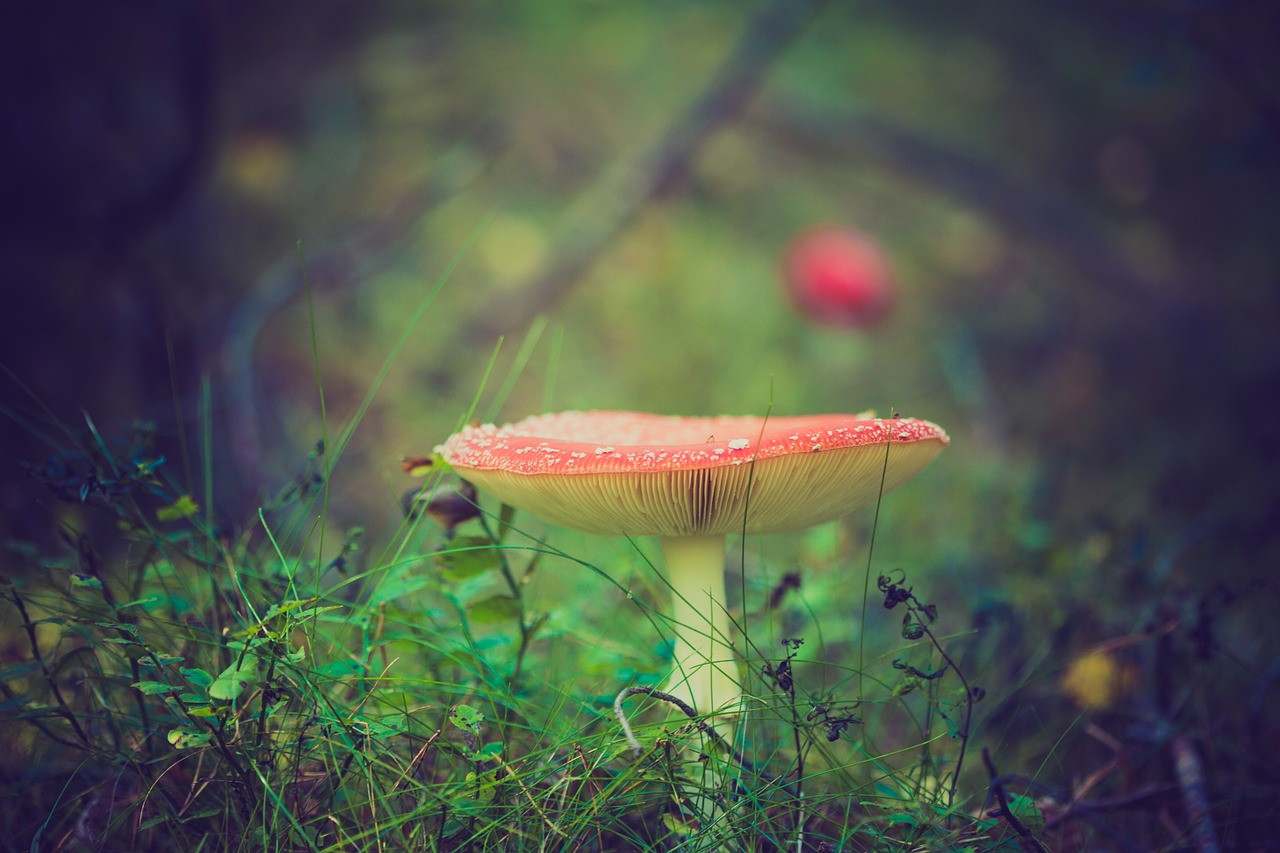Researchers to Gather to Discuss Science of Hallucinogens
The symposium brings researchers from across the world to discuss the neuroscience, psychotherapy and future of psychedelics.

Psychedelics have reemerged into scientific studies over the past decade.
Substances like psilocybin, MDMA, LSD, and ketamine have become promising therapeutic drugs for mental health issues like PTSD and depression.
On Thursday, September 12, the University of Michigan will host their first-ever Psychedelic Neuroscience and Therapy Symposium, bringing researchers from across the world to discuss the neuroscience, psychotherapy, and future of hallucinogenic substances.
“In trying to understand the differences between the state of the brain during normal waking consciousness versus a waking state that includes the psychedelic experience can start to give us insight into what’s really contributing to the construction of our perceptual reality.” – Dr. George Mashour, Center for Consciousness Science at the University of Michigan.
Dr. George Mashour, the founder of U of M’s Center for Consciousness Science, says psychedelics are a tool that helps explore not only the level of human consciousness but the content of it as well.
“So someone [is] still awake, yet has a radically different experience of the world,” he says.
Click the player to hear CultureShift’s Amanda LeClaire talk with Mashour how studying consciousness is the next frontier of science.
Find more info about the Psychedelic Neuroscience and Therapy Symposium here.

